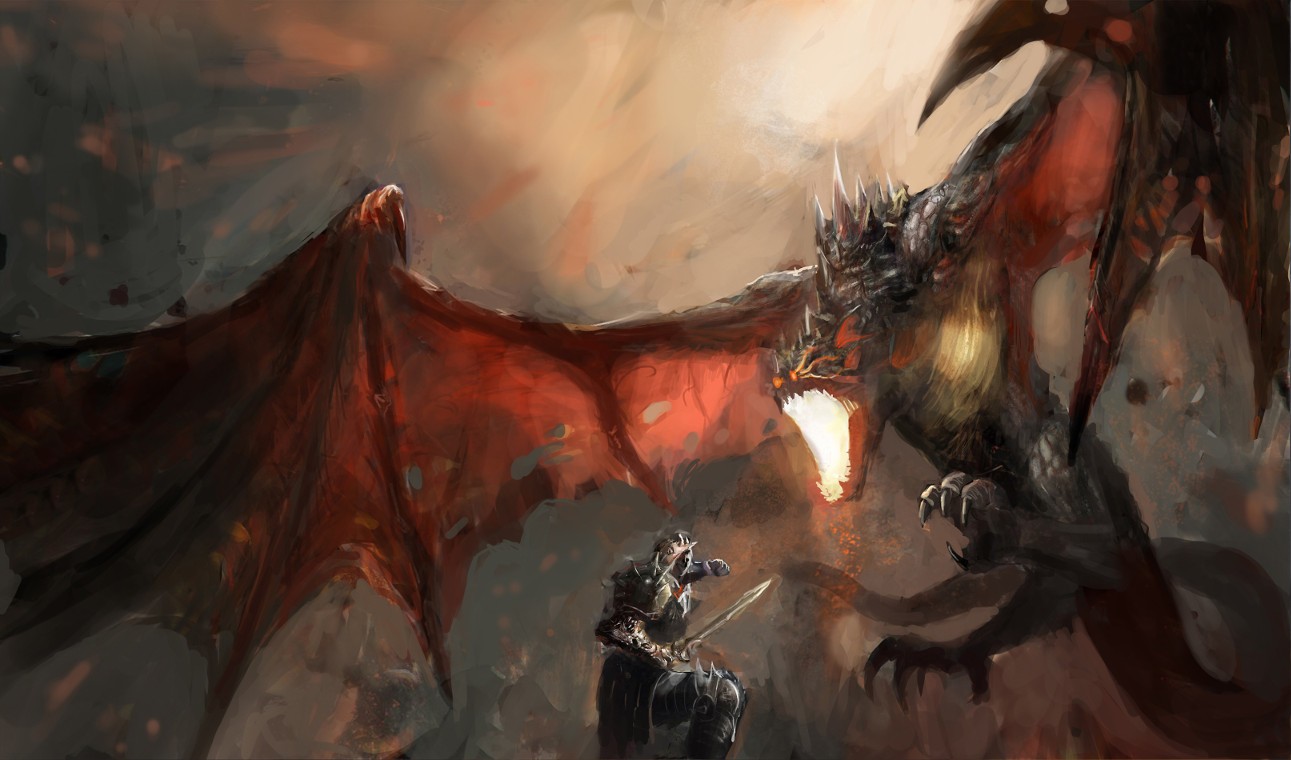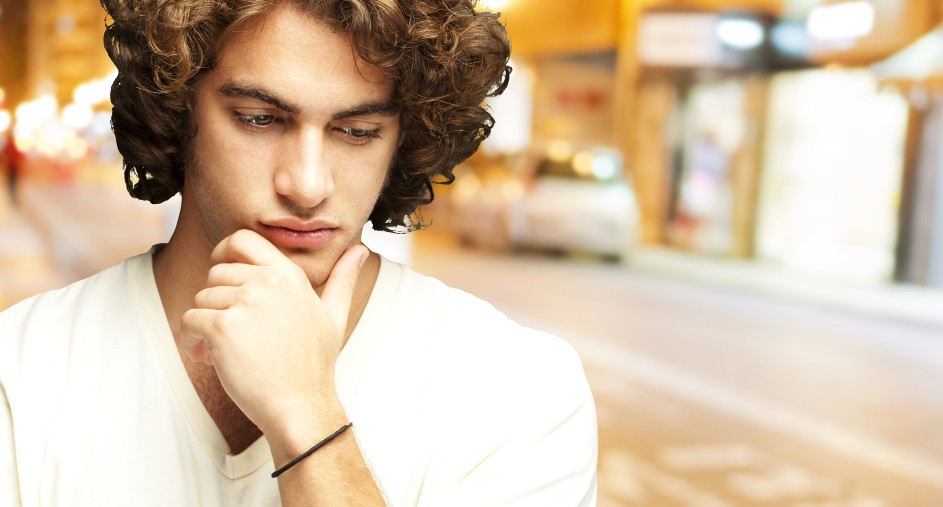How Do We Vanquish Evil?

Evil. The world groans under its weight. It surrounds us, holds us hostage. Like a choking vine, it slithers through our cities and our streets, latching onto our souls, squeezing the love and the life out of them until we’ve grown jaded and hard of heart.
The seeds of this deadly vine are our uncharitable acts, our lies, gossip, and petty acts of vengeance. The world burns by our own hands, and all we can do is look away, ashamed, wondering in the darkest corners of our souls if the world might be better off without us, if the only true remedy for the problem of evil is to purge the Earth of humanity.
There’s another part of the human heart, the nobler part. It knows we’re capable of better. We might blight the world with the stain of evil, but that doesn’t mean we’re without hope. We want to be better, to make the world better, not just for ourselves but for our children and for theirs.
But when we face the evil within ourselves, when we stare it square in the eyes and prepare to do battle with ourselves, we discover an unsettling truth. Deep down, we don’t want to change. It’s not that we don’t want to be good, just that we’re too afraid and too weak to change our old habits. So we bury our heads in the sand. We rarely examine our actions or our motives, and when we do, we usually shy away in discomfort.
But because we still want to feel noble, because we want to look in the mirror and see a gallant soldier who fights in the names of Justice and Truth, we focus not on the evil within ourselves but on the evil we find in others.
We make it our life’s mission to expose and discredit the evildoer, hoping and praying that such an undertaking will somehow cleanse us of our own sins. But in our zeal, we burn our fellow human beings at the stake. We accuse others with or without basis and destroy reputations. We seek revenge and call it justice. We dehumanize our enemies, convince ourselves and others that they’re only soulless caricatures of humanity. We smite the accused and watch with glee as the lifeblood pours from their veins. We revel in their demise, convinced we’ve made the world a better place.
But by crusading so fervently against the sins of others, by delighting in the wholesale destruction of other humans like ourselves, we’ve succeeded only in growing the evil within ourselves.
The only true way to eliminate evil is to start with our own hearts, to root it out at the source before it has the chance to spread. We must be brave enough and strong enough to examine ourselves, to face our own darkness. We must experience genuine remorse, and in the aftermath of our guilt we must resolve to start anew, to rebuild ourselves from the ground up, to become better and more complete human beings.
Only once we’ve started on the path toward inner sanctity can we begin to address the evil in others, not by shaming and vanquishing them but by loving and encouraging them to shed their own darkness. We must love our enemies. By showing mercy and compassion, by offering our affection and support, we can inspire others to undertake a similar journey.
We live in a fallen world. It pressures us to do wrong, threatens us with punishment if we attempt to do what’s right. We should instead strive for an ecosystem in which love and charity can flourish.
Our worldly experience suggests that evil is inevitable. But the truth is that it can only survive by deceiving us into believing we can destroy evil with more evil. Love on the other hand is inevitable. It’s all-encompassing, all reaching. It’s universal and can be known through instinct alone. A single act of love is one thousand times as potent as the greatest evil.
Love is a fire. It catches, spreads, razes evil where it stands. But it require light to flourish, and if we languor too long in the dark it will shrivel and die.
Want to make the world a better place? Acknowledge your own faults. Face your demons. You shouldn’t wallow in a state of perpetual guilt, but neither should you turn away from your own ugliness. Each of us is sullied, but once we’ve recognized the stain for what it is we have the opportunity to wipe it away. And once you’ve started down that path, you’ll never be the same.
Enter your email address and click "Submit" to subscribe and receive The Sign.
